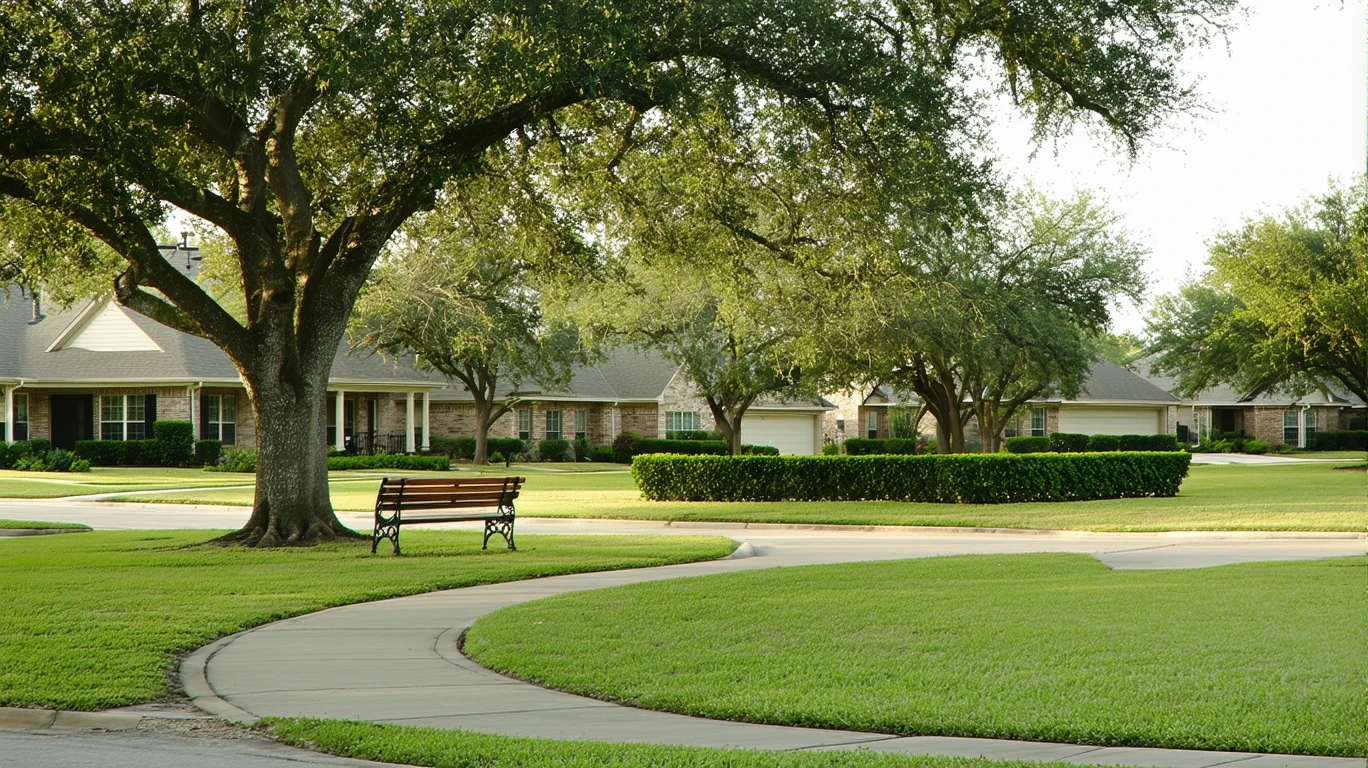Cedar Park, TX vs. Georgetown, TX: Cost of Living Comparison (2025)
Contrary to popular belief, living in Cedar Park is actually more affordable than Georgetown for most households. This article provides a detailed cost of living comparison between Cedar Park and Georgetown. It’s perfect for families relocating, professionals choosing between job offers, or anyone comparing the real-life cost of Cedar Park vs Georgetown in 2025.

1. Housing Costs
Housing is the biggest factor in the cost of living difference between Cedar Park and Georgetown. Here’s a quick comparison of median rent and home prices:
| Housing Type | Cedar Park | Georgetown |
|---|---|---|
| 2BR Apartment Rent | $1,450 | $1,650 |
| 3BR Home Price | $450,000 | $525,000 |
🏆 Winner: Cedar Park
A household moving from Georgetown to Cedar Park might save $400/month on housing alone. Over a year, that adds up to $4,800 in savings.
2. Utilities and Energy Costs
Utility costs are fairly similar between the two cities, but Cedar Park has slightly lower electricity and water rates on average:
- Typical monthly utility bill in Cedar Park: $180-$220
- Typical monthly utility bill in Georgetown: $200-$240
Both cities experience hot Texas summers, so expect higher AC usage from June through September. Some neighborhoods in Cedar Park offer off-peak utility plans that can help save on summer bills.
🏆 Winner: Cedar Park
3. Groceries and Daily Expenses

Grocery and restaurant prices are comparable between Cedar Park and Georgetown. A typical family of four might spend $800-$1000/month on groceries in either city.
One notable difference: Cedar Park has more discount grocery options like ALDI and WinCo Foods, which can help trim the monthly food budget.
🏆 Winner: Cedar Park
4. Taxes and Fees
Both Cedar Park and Georgetown have fairly low property tax rates for the Austin metro:
- Cedar Park property tax rate: 2.2%
- Georgetown property tax rate: 2.35%
HOA fees in Cedar Park tend to be slightly lower as well, often including amenities like community pools and walking trails. Typical HOA fees range from $30-80/month in Cedar Park compared to $50-100/month in Georgetown.
🏆 Winner: Cedar Park
5. Cost Summary Table
| Cost Category | Cedar Park | Georgetown |
|---|---|---|
| Housing (3BR) | $1,875 | $2,188 |
| Utilities | $200 | $220 |
| Groceries | $900 | $950 |
| Transportation | $500 | $500 |
| Taxes & Fees | $600 | $650 |
| Misc Expenses | $500 | $500 |
| Estimated Monthly Total | $4,575 | $5,008 |
These figures reflect gross monthly pre-tax costs. For a detailed Cedar Park budget breakdown, see our guide on how much it costs to live in Cedar Park each month.
6. Lifestyle Fit
While Cedar Park is more affordable overall, Georgetown offers a quieter, small-town feel that some families prefer. Georgetown averages about 5°F cooler than Cedar Park in the summer months.
Cedar Park has better access to major employers and shopping centers along Highway 183. Typical commute times are 10-15 minutes shorter in Cedar Park.
Both cities are family-friendly with great schools and amenities. Cedar Park has more new construction, while Georgetown has charming historic neighborhoods.
7. FAQ
Is Cedar Park more affordable than Georgetown?
Yes, Cedar Park is about 10% cheaper than Georgetown on average, mainly due to lower housing costs.
Which city has lower rent?
Cedar Park has lower apartment rents, with a typical 2BR unit going for $1,450/month vs $1,650/month in Georgetown.
Where is it cheaper to buy a home?
Cedar Park has lower median home prices, with a 3BR house costing around $450,000 compared to $525,000 in Georgetown.
8. Conclusion
For most households, Cedar Park offers a lower cost of living than Georgetown, with potential savings of $400+ per month. Young professionals and budget-conscious families will likely prefer Cedar Park.
Georgetown can be a great fit for those seeking a quieter retirement destination or who prioritize historic charm over affordability. Ultimately, both cities provide a high quality of life in the greater Austin area.
Planning a move to Cedar Park or Georgetown? Check out our guide comparing moving pods vs. trucks to see which option works best for your relocation.
